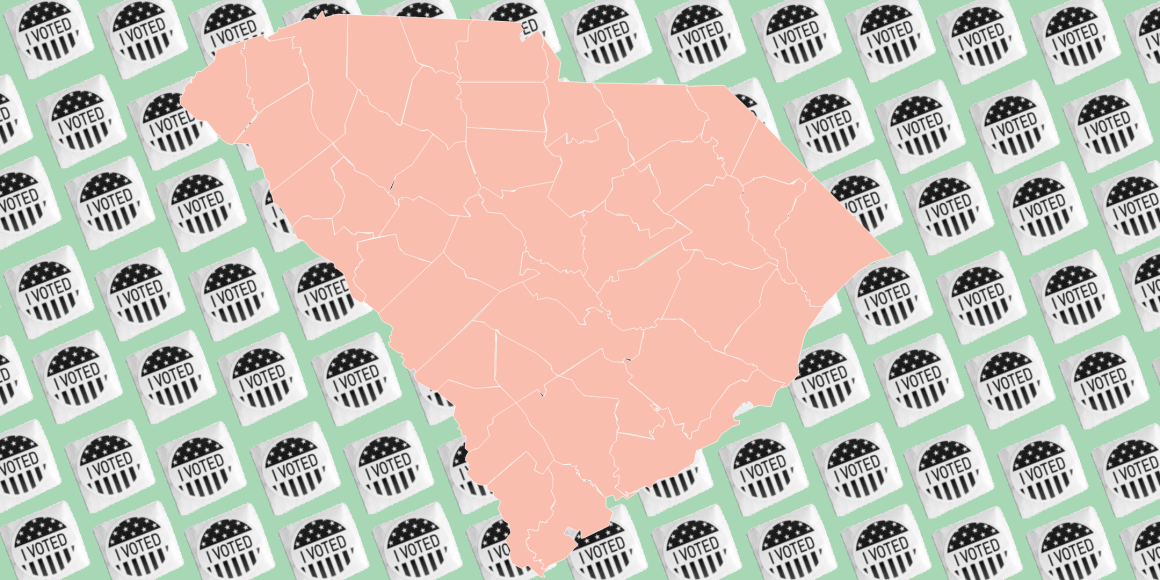
South Carolina State Conference of the NAACP v. Alexander (State House Map Challenge)
What's at Stake
This case -- part of a broader challenge to South Carolina's redistricting after the 2020 Census -- involved a racial gerrymandering claim against the State's House district lines. Plaintiffs the South Carolina State Conference of the NAACP and an individual voter challenged the drawing of 29 specific districts as unconstitutional racial gerrymanders. In May 2022, the parties settled their dispute over State House maps, which resulted in redrawn districts in Dillon, Horry, Kershaw, Orangeburg, and Richland counties.
Summary
After a delay in administering the 2020 decennial census due to the COVID-19 pandemic, the census resultsโwhich are used for, among other things, redistrictingโwere released on August 12, 2021. Rather than using this census data to begin state legislative and congressional redistricting, the South Carolina legislature delayed these processes by adjourning in the fall of 2021 without addressing its redistricting responsibilities or setting any clear timeline for doing so. In response, on October 12, 2021, the ภฯฐฤรลฟชฝฑฝแน๛, ภฯฐฤรลฟชฝฑฝแน๛ of South Carolina, LDF, and Arnold & Porter filed a malapportionment lawsuit in federal court challenging South Carolinaโs failure to timely update its state legislative and congressional district maps to reflect changes in population with each decennial census, as required under the Constitution. The lawsuit was filed on behalf of the South Carolina NAACP and an individual voter. Plaintiffs argued that by further delaying the redistricting process, the South Carolina legislature was not leaving enough time for review and enactment of legally compliant maps prior to the 2022 election.
South Carolina eventually enacted state House and Senate maps on December 10, 2021. Upon review of the stateโs enacted maps, plaintiffs amended their complaint to assert racial gerrymandering and intentional discrimination claims alleging that multiple state House districts were drawn to pack or crack Black communities as a result of an unconstitutional race-predominant redistricting process. Prior to trial, and after mediated settlement negotiations, the parties signed a settlement agreement on May 5, 2022, in which the South Carolina legislature agreed to introduce a new state House map that would address plaintiffsโ claims by adjusting district lines in key historically significant areas of the state for Black voters. This map was then enacted on June 17, 2022, thus resolving plaintiffsโ state House-related claims.
Plaintiffs' challenge to South Carolina's redrawn congressional map proceeded separately and eventually reached the Supreme Court in Alexander v. South Carolina State Conference of the NAACP.
Legal Documents
-
05/06/2022
Settlement Stipulation Notice -
05/06/2022
Agreement and Release Settling Dispute Over House Legislative Map -
02/14/2022
Defendants' Motion to Dismiss Second Amended Complaint -
02/14/2022
Court's Order Denying Defendants' Motion to Dismiss Second Amended Complaint -
02/10/2022
Second Amended Complaint
Date Filed: 05/06/2022
Court: District Court of South Carolina
Affiliate: South Carolina
Date Filed: 05/06/2022
Court: District Court of South Carolina
Affiliate: South Carolina
Date Filed: 02/14/2022
Court: District Court of South Carolina
Affiliate: South Carolina
Date Filed: 02/14/2022
Court: District Court of South Carolina
Affiliate: South Carolina
Date Filed: 02/10/2022
Court: District Court of South Carolina
Affiliate: South Carolina
Press Releases
South Carolina House Speaker Agrees to New Redistricting Maps Following Civil Rights Challenge